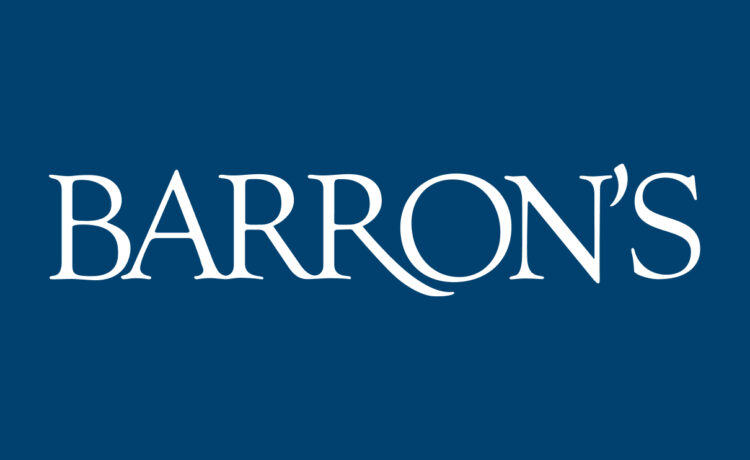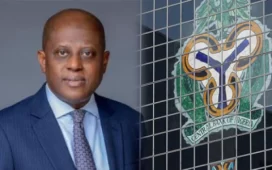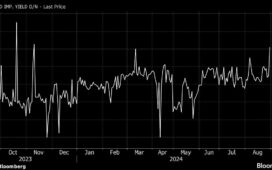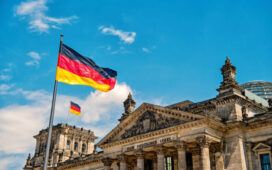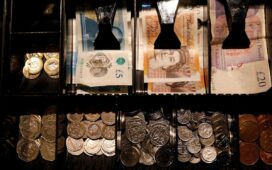Serbian President Aleksandar Vucic on Friday pledged to continue sending payments to Kosovo’s Serbs, following the enactment of a ban against the dinar currency this week.
Vucic made the promise during his latest televised speech railing against alleged persecution of Kosovo’s Serb minority, as accused the Pristina government of cracking down on the community.
The president, however, did not specify whether payments would be made with Serbia’s dinar currency.
“Serbia has the right to finance certain activities — health, education, pensions,” said Vucic during a press conference.
“Serbia will look for solutions on how to pay money to Serbs in Kosovo,” he added.
Advertisement – Scroll to Continue
The roughly 120,000-strong Serb community has clung to the dinar since a brutal late-1990s war between Serbia and ethnic Albanian insurgents saw Serbian troops and government personnel withdraw from Kosovo.
Many Serbs in Kosovo work for Serbian institutions where their salaries, pensions and other financial transactions rely on the dinar, rather than the euro which is Kosovo’s official currency.
Kosovo adopted the euro as its currency in 2002, despite not being a member of the eurozone nor the European Union.
Advertisement – Scroll to Continue
Western governments have slammed the dinar ban as inflammatory, saying the regulation would likely upset local Serbs.
Hours before the dinar ban was to come into effect on Thursday, Kosovo appeared to hit the brakes under pressure from the West, saying authorities would not immediately enforce the ban.
“The government of the Republic of Kosovo is committed to eventual transitional periods so that citizens can adapt as quickly as possible, as easily as possible and with minimum damage done,” Kosovo’s deputy prime minister Besnik Bislimi told media.
Advertisement – Scroll to Continue
Over the weekend, a joint statement published by the US embassy in Pristina, along with the Quint countries, called for “the suspension of the enforcement of the regulation”.
The so-called Quint — France, Germany, Italy, Britain and the United States — comprises five NATO members that focus on the Western Balkans.
Serbia has never acknowledged Kosovo’s 2008 declaration of independence, with the two arch rivals constantly locked in bitter disagreements over the most minute bureaucratic matters in the former breakaway province, such as a recent spat over licence plates.
Advertisement – Scroll to Continue
The dinar ban comes after a turbulent year in Kosovo that saw an armed standoff between Serb gunmen and police at a monastery near the Serbian border in September, where at least four people were killed.
The bloodshed followed rioting earlier in the year after the government installed ethnic Albania mayors in Serb northern areas after elections were boycotted.
us-ds/giv

